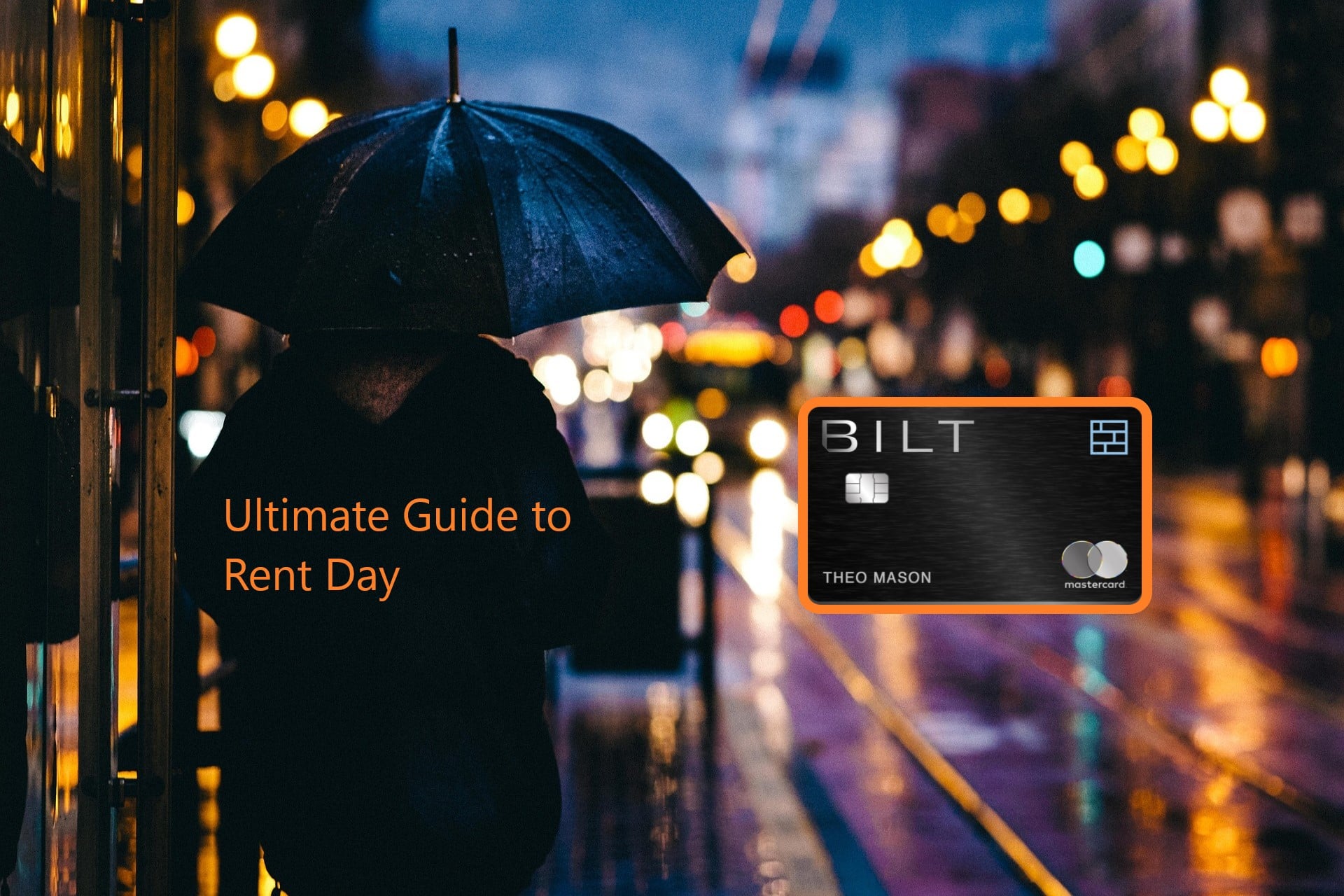Last updated on April 2nd, 2024
In today’s business landscape, the lines between personal and business finances often blur, especially for small business owners, freelancers, and entrepreneurs. One common practice is using personal credit cards to cover business expenses. While this may seem convenient, it’s important to understand the implications and best practices for leveraging personal credit cards for business ventures. Here’s everything you need to know about the intricacies of using personal credit cards wisely for business, from understanding the differences between personal and business credit to managing expenses and building business credit.
Table of Contents
Understanding Personal Credit vs. Business Credit
Before discussing personal credit cards and business, it’s crucial to understand the distinction between personal and business credit.
Personal credit revolves around an individual’s financial history, including credit score, payment history, and debt-to-income ratio. On the other hand, business credit pertains to a company’s creditworthiness, separate from the owner’s finances. Establishing business credit involves creating a distinct financial profile for the business entity, which can help secure financing, negotiate terms with suppliers, and demonstrate financial stability to potential partners or investors.
Personal credit cards are issued based on an individual’s credit history and are tied to the cardholder’s financial liability. Business credit cards, however, are linked to the company’s credit profile and offer features tailored to business needs, such as expense tracking, employee spending controls, and rewards programs geared toward business expenses. Understanding these distinctions is essential for making informed decisions about which type of credit card to use for business expenditures.
Advantages and Disadvantages of Using Personal Credit for Business
Using personal credit cards for business expenses offers certain advantages, such as flexibility and accessibility. Personal credit cards are often easier to obtain than business ones, especially for new or small businesses without established credit histories. Personal credit cards may also come with attractive rewards programs and introductory offers that can benefit the individual cardholder and the business.
However, there are notable disadvantages to relying solely on personal credit cards for business purposes. One significant drawback is mixing personal and business finances together, which can lead to accounting, tax reporting, and legal liability complications. Also, using personal credit cards for business may limit the business’s potential to build a separate credit profile, impacting its ability to access financing and establish credibility with vendors and other merchants or lenders. Understanding these pros and cons is crucial for making informed decisions about the best approach to managing business expenses.
Tips for Using Personal Credit Cards Wisely for Business Ventures
While you should be cautious when choosing personal credit cards for business expenses, several tips can help mitigate potential risks and maximize the benefits. First and foremost, it’s essential to maintain a clear separation between personal and business finances, even when using personal credit cards for business purposes. This involves designating a specific credit card for business expenses and diligently tracking and categorizing all related transactions.
Additionally, leveraging the benefits of personal credit card rewards and perks can benefit business owners. Still, it’s essential to do so responsibly and within the bounds of the business’s financial capacity. Regularly reviewing statements, monitoring spending patterns, and staying within budgetary limits are critical practices for using personal credit cards wisely for business ventures. Furthermore, timely and full repayment of credit card balances is essential to avoid accruing high-interest debt that can strain personal and business finances.
Related Article: Never Put These Transactions On Your Business Cards
Building Business Credit while Using Personal Credit Cards
Even while utilizing personal credit cards for business expenses, business owners can take proactive steps to build and strengthen the company’s credit profile. One effective strategy is establishing trade credit relationships with suppliers and vendors and negotiating payment terms reported to business credit bureaus. This can help demonstrate the business’s creditworthiness and establish a positive payment history independent of the owner’s personal credit.
Another approach to building business credit while relying on personal credit cards is to explore secured business credit cards or business credit builder programs. These financial products help businesses establish and improve their credit profiles, providing a pathway to eventually transition away from relying on personal credit for business expenses. By strategically combining personal credit card usage with targeted efforts to build business credit, entrepreneurs can lay the groundwork for the company’s future financial stability and growth.
Managing Expenses and Tracking Business Purchases with Personal Credit Cards
Managing business expenses and tracking purchases is essential for maintaining financial visibility and control, especially when using personal credit cards. Leveraging the tools and features offered by business credit card issuers, such as expense categorization, transaction alerts, and spending reports, can help business owners stay organized and informed about their company’s financial activities. Many personal credit cards also offer online account management and mobile apps that enable convenient monitoring of business expenditures in real-time.
In addition to utilizing the resources provided by credit card issuers, implementing robust accounting and bookkeeping practices is crucial for tracking business purchases made with personal credit cards. This may involve maintaining separate business expense accounts, reconciling credit card statements with business records, and retaining detailed receipts and documentation for tax and financial reporting purposes. By diligently managing expenses and tracking business purchases, entrepreneurs can maintain financial clarity and ensure compliance with regulatory requirements.
Related Article: 7 Tips for Organizing Your Business Finances Now
Impacts of Business Purchases on Personal Credit
One concern arising when using personal credit cards for business is the potential impact on the cardholder’s credit score. While business expenses charged to personal credit cards can contribute to higher credit utilization and affect the individual’s creditworthiness, the extent of this impact depends on several factors. For instance, if business expenses lead to high balances consistently carried over from month to month, it can negatively influence the cardholder’s credit score.
Conversely, if business expenses are managed responsibly, with balances paid in full and on time, the impact on the cardholder’s credit score may be minimal or even positive. It’s essential for business owners using personal credit cards to be mindful of their credit utilization, strive to keep balances low relative to credit limits and make timely payments to mitigate potential adverse effects on their personal credit scores. Understanding how personal credit card usage for business can affect individual creditworthiness is crucial for making informed financial decisions.
Alternatives to Using Personal Credit Cards for Business Expenses
While personal credit cards may be a convenient option for covering business expenses, viable alternatives offer distinct benefits and address some of the limitations of personal credit card usage. One alternative is obtaining a business credit card specifically tailored to meet the financial needs of a company. Business credit cards often come with features, including:
| Bigger sign-up bonuses | Many business credit cards come with more significant signup bonuses than personal credit cards. Some of the best business cards offer bonuses of 100,000 points or more after meeting a minimum spending requirement. |
| Unique spending categories | Business credit cards occasionally earn bonus points or miles for purchases in categories that personal cards don’t offer. Common bonus categories for business cards include office supplies, internet and telecommunications, advertising, shipping, and more. These categories may align better with your spending habits than other personal bonus categories. |
| Higher credit limits | Most small business credit cards come with substantially higher limits than personal cards. According to Experian, the average credit limit for a personal card is about $30,000; for a small business credit card; however, the average credit limit is $56,000. |
| Expense and spend management tools | Business cards come with a variety of business monitoring tools. These can help streamline your finances, track purchases, and even assist in writing off spending as a business expense. |
| Travel benefits | Some business cards do not charge foreign transaction fees, include a signup bonus worth a free flight after you spend a certain amount within the first few months of card membership, and more. |
Another alternative to using personal credit cards for business expenses is securing a business line of credit or a small business loan. These financial products provide access to funds directly tied to the business, helping to establish and strengthen the company’s credit profile. Additionally, business loans or lines of credit can offer more favorable terms and interest rates than relying solely on personal credit cards to finance business operations.
Related Article: What Are the Easiest Business Credit Cards to Get?
Conclusion
Navigating the intersection of personal and business finances can present unique challenges and opportunities for entrepreneurs and small business owners. By comprehending the differences between personal and business credit, leveraging tips for responsible usage, and exploring alternatives and best practices, business owners can make informed decisions that support their company’s financial health and long-term success. And, if you are looking for a new card, explore our business credit card options and take the next step toward establishing a solid financial foundation for your company.
Related Article: Who Owns Business Credit Card Rewards?
Featured image by FreeImages
Editorial Disclosure – The opinions expressed on BestCards.com's reviews, articles, and all other content on or relating to the website are solely those of the content’s author(s). These opinions do not reflect those of any card issuer or financial institution, and editorial content on our site has not been reviewed or approved by these entities unless noted otherwise. Further, BestCards.com lists credit card offers that are frequently updated with information believed to be accurate to the best of our team's knowledge. However, please review the information provided directly by the credit card issuer or related financial institution for full details.



